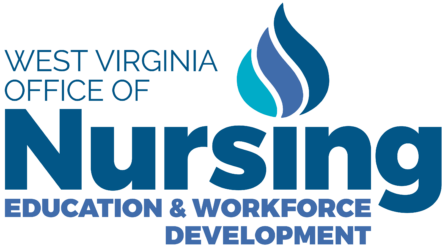Nursing Careers Guide

What is Nursing?
According to the American Nurses Association, nursing is both an art and a science. At its heart, lies a fundamental respect for human dignity and an intuition for a patient’s needs. This is supported by the mind, in the form of rigorous core learning. Due to the vast range of specialisms and complex skills in the nursing profession, each nurse will have specific strengths, passions, and expertise. In accessing a patient, nurses do not just consider test results. Through the critical thinking exemplified in the nursing process, nurses use their judgement to integrate objective data with subjective experience of a patient’s biological, physical, and behavioral needs. This ensures that every patient, from city hospital to community health center; state prison to summer camp, receives the best possible care regardless of who they are and where they may be.
All nurses, regardless of specialty, utilize the same nursing process; a scientific method designed to deliver the very best in-patient care, through five simple steps:
- Assessment – nurses assess patients on an in-depth physiological, economic, social and lifestyle basis.
- Diagnosis – through careful consideration of both physical symptoms and patient behavior, the nurse forms a diagnosis.
- Outcomes/Planning – the nurse uses their expertise to set realistic goals for the patient’s recovery. These objects are then closely monitored.
- Implementation – by accurately implementing the care plan, nurses guarantee consistency of care for the patient whilst meticulously documenting their progress
- Evaluation – by closely analyzing the effectiveness of the care plan and studying patient response, the plan to achieve the very best patient outcomes.
Deciding on a Nursing Career
Deciding the pursue a career in nursing can mean putting yourself on a career trajectory that will provide endless avenues for advancement in the future. Making the decision can be difficult. Thankfully, there are resources available to help you explore and decide.
Nursing Careers
Nurse Career Pathways
In addition to becoming a nurse through traditional pre-licensure programs, a wide array of programs offers a pathway to becoming a registered nurse through both ASN and BSN programs. The types of bridge programs offered in West Virginia include:
- LPN to ASN – advance the education of LPNs who currently hold LPN credentials and are seeking to obtain an ASN degree.
- LPN to BSN – advance the education of LPNs who currently hold LPN credentials and are seeking to obtain a BSN degree.
- ASN to BSN – advance the education of RNs who currently hold ASN degrees and are seeking to obtain a BSN degree.
- BA/BS to BSN – advance the education of individuals who hold degrees outside of nursing and are seeking to obtain a BSN degree.
- Paramedic to ASN – advance the education of paramedics who are seeking to obtain a ASN degree.
Bridge programs often offer accelerated tracks that allow students to graduate faster than traditional RN programs because they capitalize on the previous experience of their students. Specific programs vary in length. Many of the programs also offer online components that allow students to work while completing the programs. Many nursing students obtain their LPN or ASN and go directly into a bridge program to further their nursing careers.
Furthermore, once a nurse has obtained a BSN degree, they may elect to further than education through a variety of graduate programs (MSN, Post Master's Certificate, DNP, PhD) to further their journey down the nursing career pathway.
